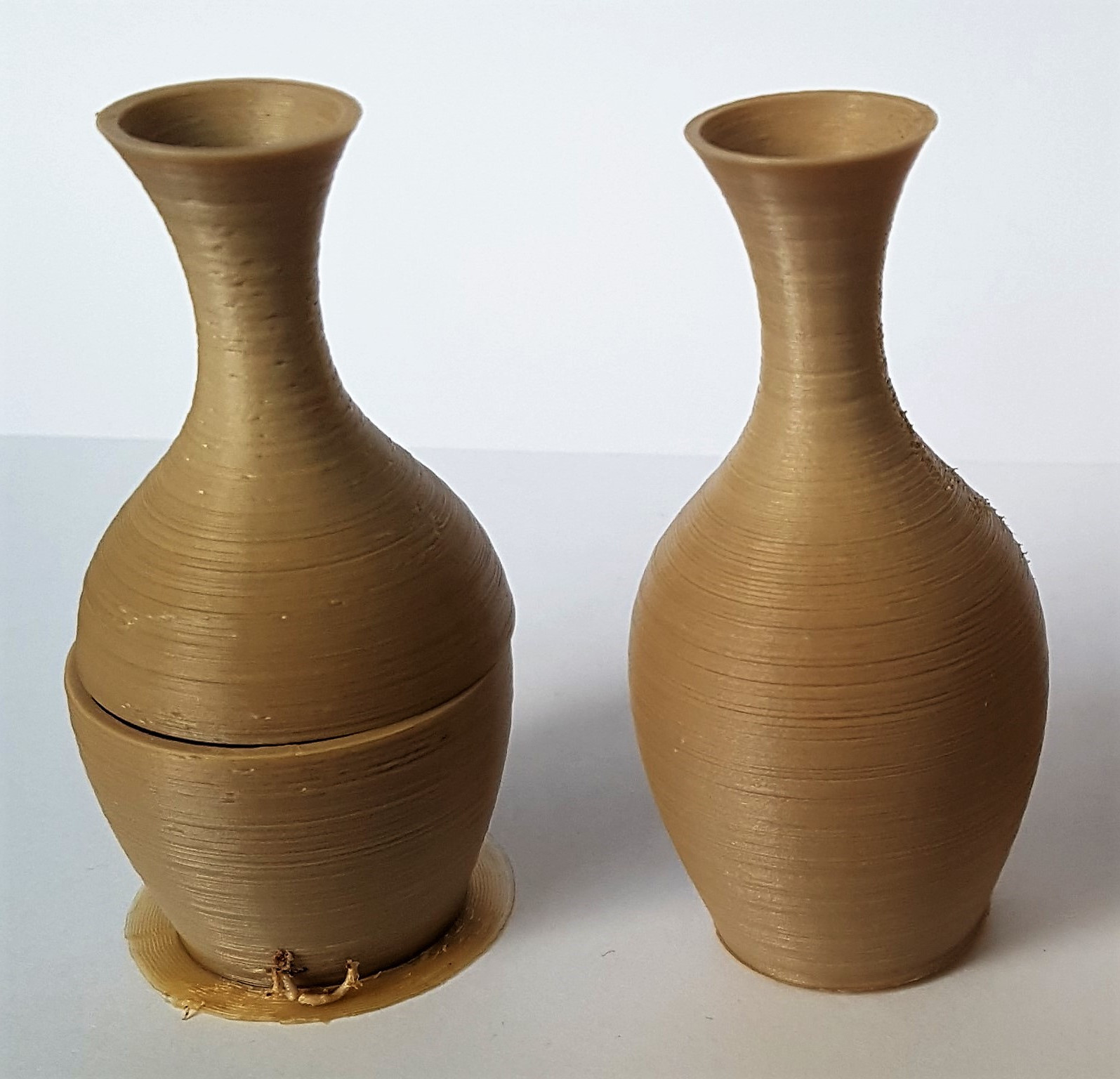Section: Partnerships and Cooperations
Regional Initiatives
Project LUE
This project is funded by Lorraine Université d'Excellence for three years. It is a collaboration between IJL (Jean Lamour Institute), LORIA (Lorraine Research Laboratory in Computer Science and its Applications), LRGP (Reaction and Process Engineering Laboratory), ERPI (Research Laboratory on Innovation Process), IRR Nancy (Regional Institute for Physical and Rehabilitation Medicine) and Nancy CHU (University Hospital). The project considers the creation of flexible plates with controlled elasticity for use in medical applications (orthoses, insoles). It exemplifies our approach of doing focused collaborations around application domains of our research, to ensure that our techniques answer actual practical challenges and maximize the chances that they are deployed in the near future.
The project funds a PhD student, Thibault Tricard, who started in October 2018. Thibault is co-advised by Sylvain Lefebvre and Didier Rouxel (IJL).
Project PIC
The project PIC (Innovative Polymers and Composites) is a regional project between Inria, IJL (Jean Lamour Institute – materials science), ECN (surgery school) and the company Les Ateliers Cini. This collaboration aimed for the creation of new high performance composite materials usable in 3D printing. It began in 2016 (within ALICE) and ended in 2018 (within MFX). The project funded an engineer, Noémie Vennin.
MFX contributed on algorithm aspects of the 3D printer control. PEEK is a material that needs a strict control of temperature: it is extruded at 400 degrees, and cooling plays an important role in the final mechanical properties. During the project, we first developed the software possibilities, adding novel features to enable a finer control over deposition and temperature management. These improvements were implemented in our IceSL software and included thermal shields (see Figure 10), novel support structures, novel infill patterns and the ability to control all print parameters within the object (e.g., varying temperature in different parts). This lead to a significant increase in part quality and accuracy. We also worked on improving the 3D printer jointly with other partners, upgrading the thermal capabilities with a better heating plate (+40°C) and side mounted heating patches, with a safety and control sensor.
|
We are now able to produce parts in PEEK material, using IceSL for generating printer instructions. For instance, we manufactured parts used by the surgery school for training sessions.
Nevertheless, despite improvements in print quality, it remains the case that parts should be designed or modified to achieve best results with PEEK filament deposition. The high temperature gradients and thermal behavior of PEEK remain very challenging and constrain the geometries that can be reliably produced.
Project Colored FDM
This project is funded both by the CPER Cyber-entreprise (axis algorithms for novel materials) and the LORIA laboratory. As part of the CPER, we work closely with the Reaction and Process Engineering Laboratory (LRGP) in Nancy on this topic.
Regional PhD Funding
We secured two half-PhD fundings from Région Grand-Est in 2018. The first is co-funding Semyon Efremov (PhD student) in the context of the ANR MuFFin. Semyon is co-advised by Jonàs Martínez and Sylvain Lefebvre, he joined the team in October 2018.
The second is co-funding Jimmy Etienne (PhD student), co-advised by Cédric Zanni and Sylvain Lefebvre. The other half-funding is provided by local support from the LORIA laboratory. Jimmy Etienne's topic focuses on curved printing for additive manufacturing, he started in September 2018.



